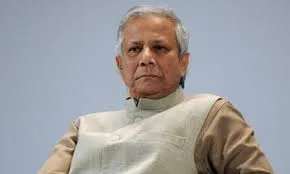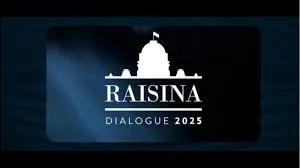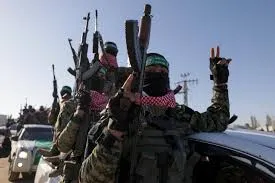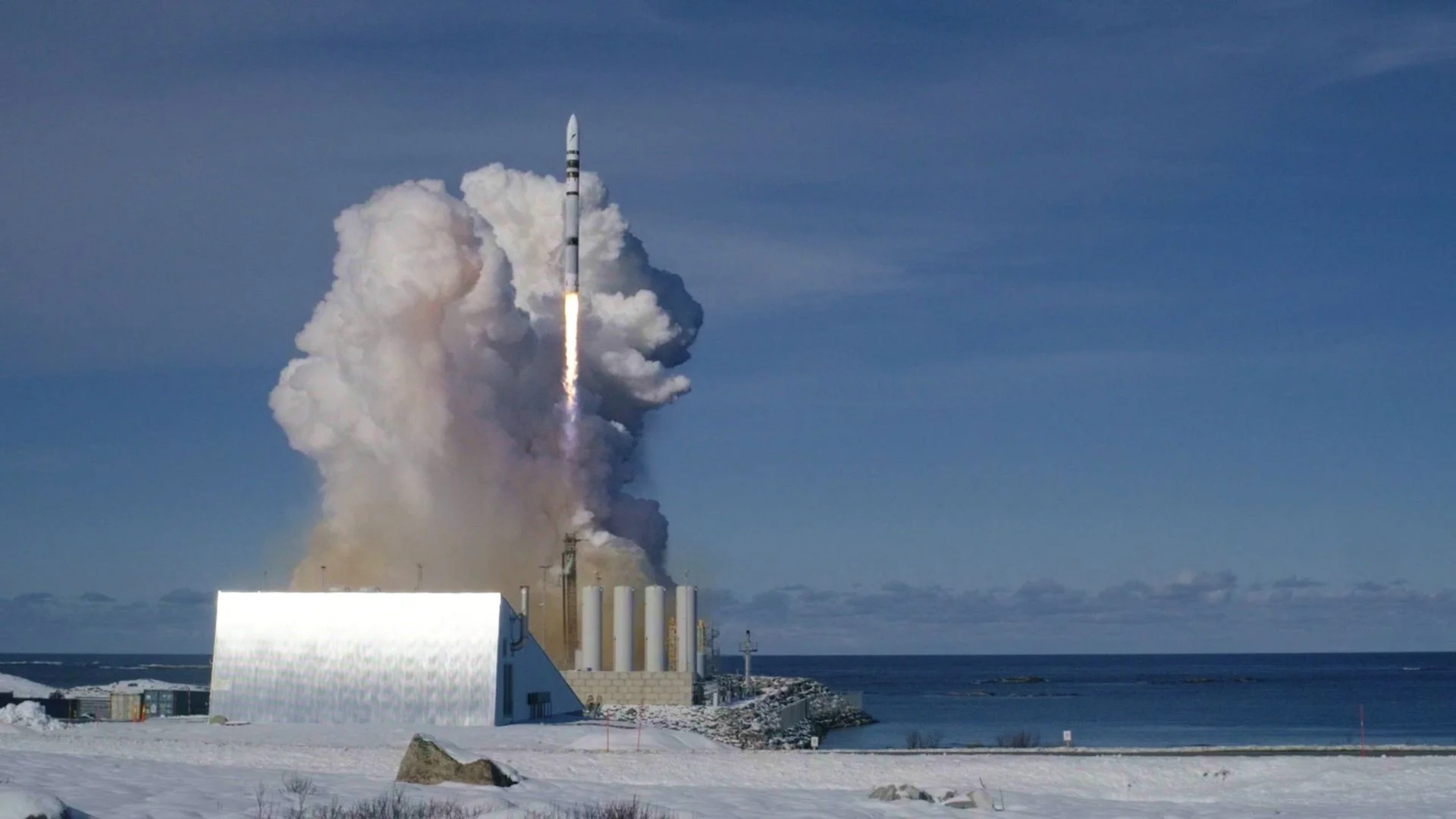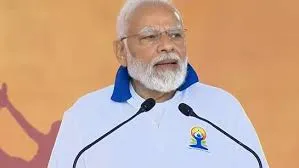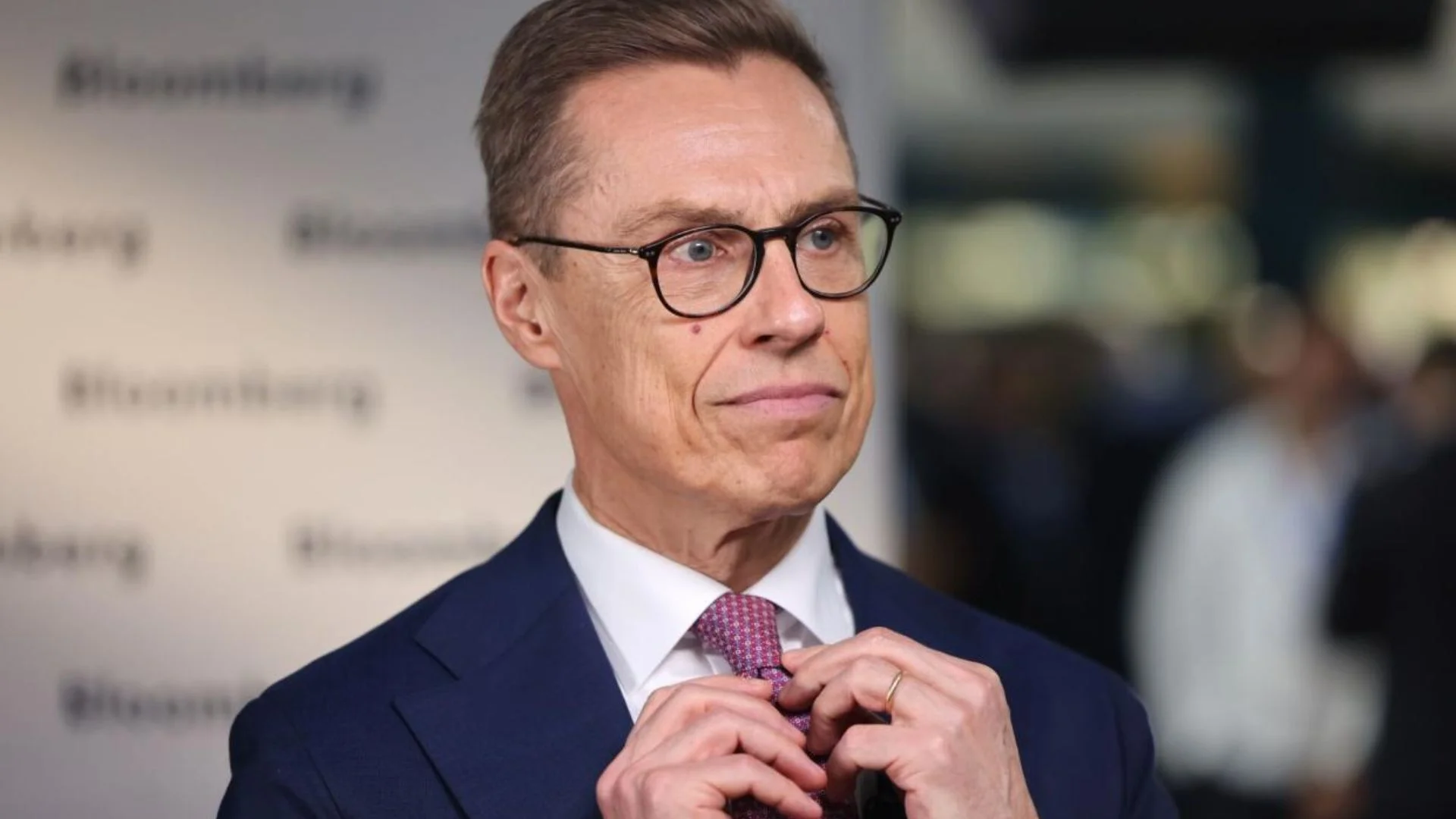Noam Chomsky published an essay on “The Responsibility of Intellectuals” in the New Yorker Review of Books on 23 February 1967. Concerning the responsibility of intellectuals, there are still other equally disturbing questions. Intellectuals are in a position to expose the lies of governments, to analyze actions according to their causes and motives and often hidden intentions. In the Western world, at least, they have the power that comes from political liberty, access to information and freedom of expression. The context was obviously the reference to the Vietnam War then. Chomsky questioned the role, duties and responsibilities of intellectuals. The intellectuals have since then maintained stoic silence concerning many issues that have surfaced in the world. Instead of exposing the lies, scandals, or scams, the intellectuals have supported the rulers in decision-making or other issues. Since 1967 when Chomsky published this essay, the intellectuals have forgotten their role or duties and responsibilities. When they don’t respond to the emerging challenges, the problems become multiplied.
The world has witnessed the wars of Iraq-Kuwait in 1991, Israel-Palestine war, the ongoing war between Russia – Ukraine and the ethnic war of Sri Lanka in the early 1980s, the disintegration of the USSR and the formation of East Germany and West Germany followed suit around that period. Political fronts witnessed heated discussions across the world. Who trespassed the rules and who forgot the responsibilities? The answer is simply the intellectuals. The intellectual community loses their relevance as a third-party mediator. Things worsened and the talk of the role of intellectuals is back in discussion. If intellectuals are silent, the events go wrong and the decisions affect millions of people. A war affected millions of people just as a wrong decision cost the lives of people.
The role of intellectuals appears simply on paper. The world needs intellectuals who work for the welfare of people. They have to play the role of negotiators and bring about a solution to many problems in the world. An intellectual should be free from bias, prejudices and partialities. He should not be pro-government or anti-government. He is in other words a diplomat who brings the two parties to a negotiating table. He should not support corrupt people in the hierarchy. He should not encourage corruption. Nor should he support bribery or corruption directly or indirectly. An intellectual should vent his anger or anguish at the bad developments of the world. The world is mired in many controversies or crises. Failure of bilateral talks could spell disaster for any country. This is where the intellectuals open their ire or disagreement. Be it education, commerce, business or other key sectors, the profound impact of any willful violation or deliberate attempts by rulers or official machinery indirectly affects people’s lives. There are a growing number of problems like people living and dying of starvation in the African continent by malnutrition. Children died of starvation deaths in Somalia just when adults struggled to feed them. The causalities of these statistics are reported from third-world countries as well. The underdeveloped countries are still living in abject poverty, illiteracy and ill-health. Unemployment has been a big problem in the world. The intellectuals have failed miserably in addressing the problem. The viewpoint is not to criticize their abilities but to observe why and how they maintain silence to perplexing problems.
The world witnessed problems of racism, ethnicity, migration, illiteracy, poverty, malnutrition, child labour and drug trafficking, unemployment and human trafficking. Many problems are connected to the world. The role of intellectuals is back in focus. Their silence raises many questions. Sometimes people raise their eyebrows for all their silence. No long-term solutions have taken place. War of ideologies and war of supremacy and domination continue to blast the world. Aggression by one country against another country is an example of how people suffer from the lack of active role of intellectuals. Chomsky presented the role of intellectuals some 57 years ago. The essay captures the developments of the period he touched on during the Vietnam War. No concrete role by the intellectuals has taken place. Problems remain problems that haunt the world in a different way fuelling new issues at the global level. The role of intellectuals is confined to documents alone. Practical, concrete and well-executed solutions by the so-called intellectuals in the world have been missing in times of emergency. That is what the world is expecting from the intellectuals. Mere addresses won’t solve the problem. Active participation by the intellectuals is the immediate need of the hour. They should join the mainstream life of ordinary citizens and mitigate their sufferings. That is the dire need for the intellectuals to respond, act and mediate without political considerations. The essay by Chomsky is still relevant in the 21st century. Each century is facing new challenges. These new challenges demand the immediate intervention of intellectuals to negotiate with the parties that oppose each other. Only then people will live in peace, mutual understanding and cooperation. Basic issues need to be addressed at the global level and then at the regional level.
The world will usher in a world of good bilateral ties, regional cooperation and handling of issues at diplomatic levels. The role of intellectuals is emphasized because of the emerging challenges being faced by the world from time to time. Napoleon remarked that “the world suffers a lot. Not because the violence of the bad people. But because of the silence of the good people”. Accordingly, the intellectuals should play the committed role and avoid all types of conflicts and confrontations.
P.V. Laxmiprasad is the author and editor of 43 well-deserved books in English Literature



